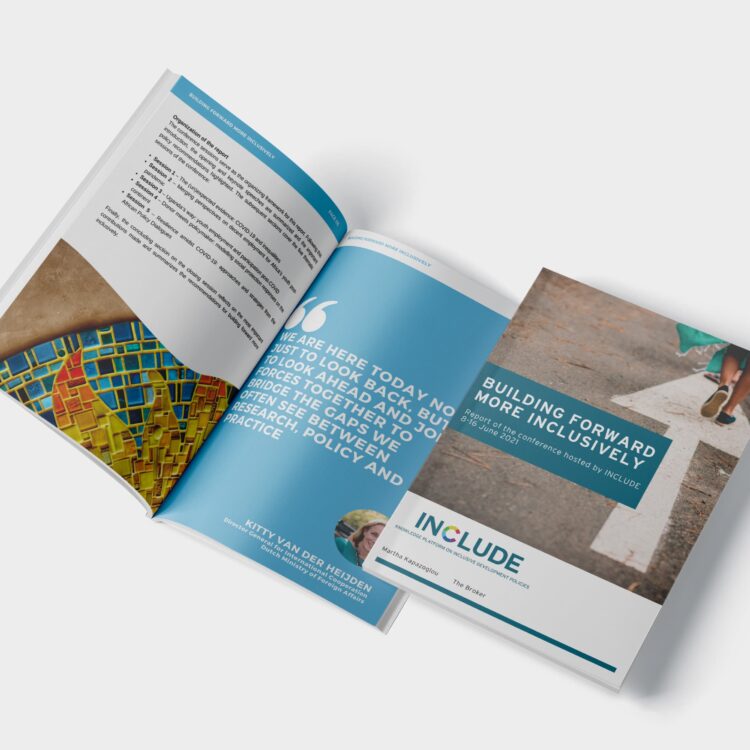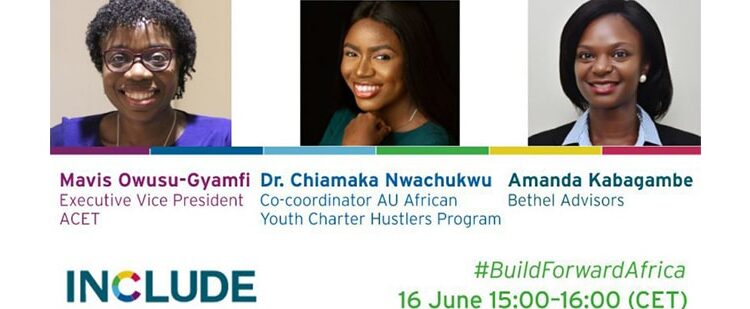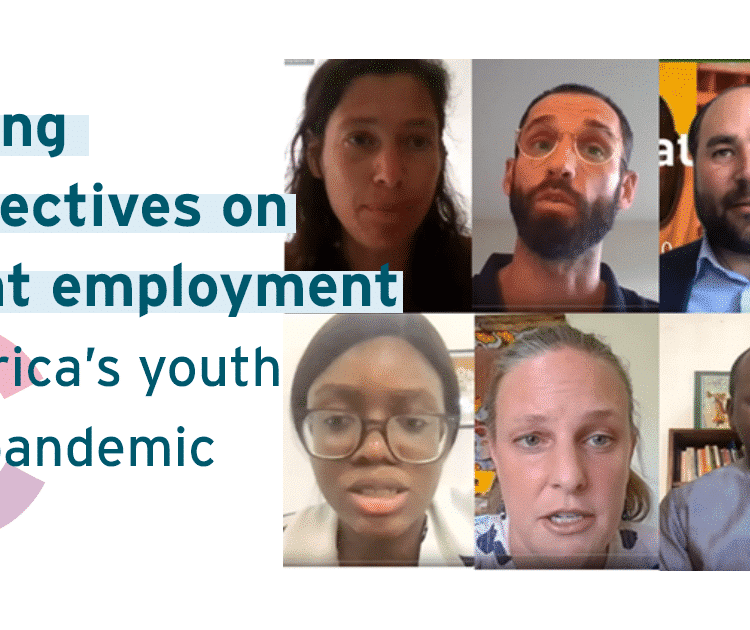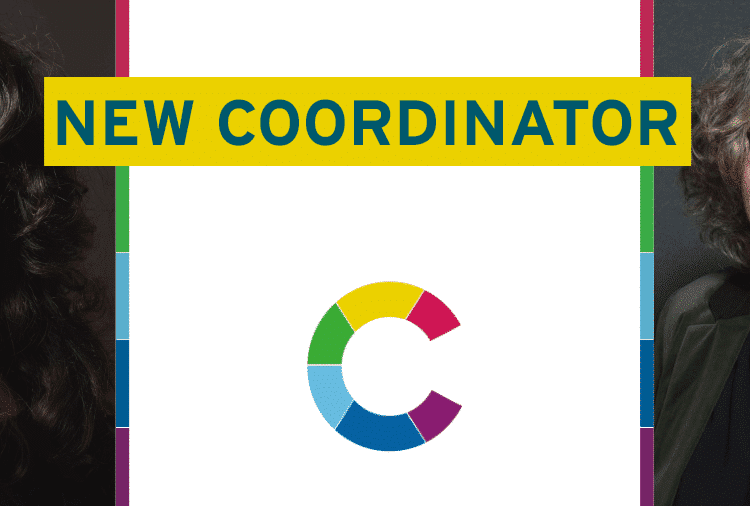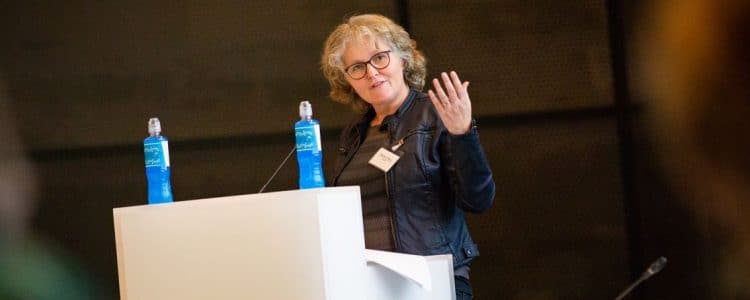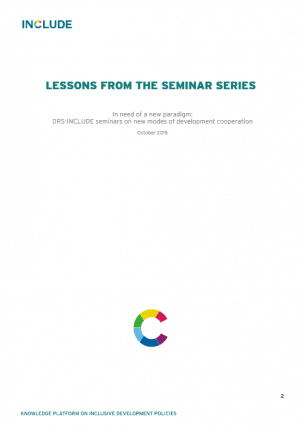
The 18 presentations of the 2015 DRS-INCLUDE seminars investigated new ways to engage with global development in the coming decade. The contributions acknowledged the need for a new paradigm and provided important building blocks for change. Many see the quest for new modes of development cooperation as a consequence of reduced political support (and decreasing budgets) for development cooperation and seek community organizing to provide more (and more-targeted) private sector financial support and greater involvement from private firms in the delivery of essential goods and services. This often involves replacing informal non-inclusive markets with transparent private sector initiatives. However, successful development in itself requires new modes of cooperation, as recognized in the recent changes to Dutch development policy. Indeed, the aim of ODA is for developing countries to ‘graduate’ from the low income country category, and for those countries that have outgrown traditional ODA new modes of engagement are essential. Although the definition and measurement of development (including the MDGs, SDGs and poverty targets) are still part of a wider debate, the seminars highlighted the need to meeting the challenge of making development more inclusive, both at national and international levels. For without reducing inequality, development will be unsustainable.
